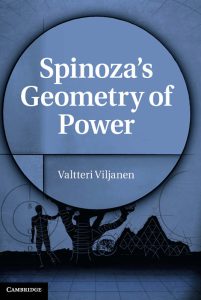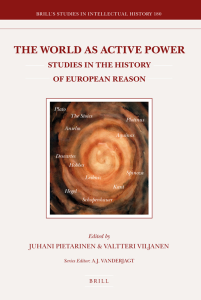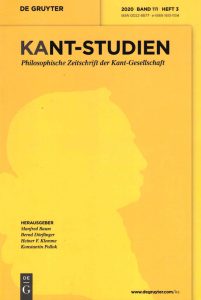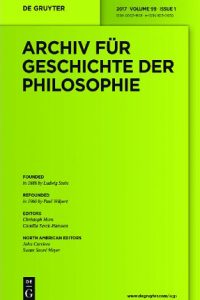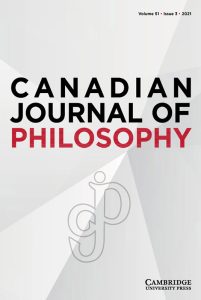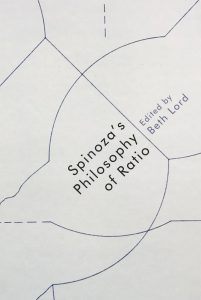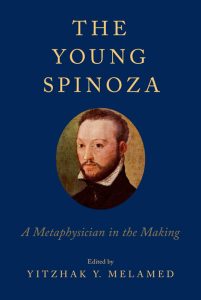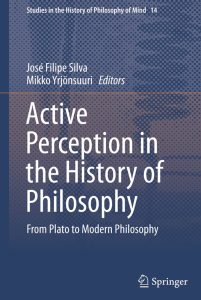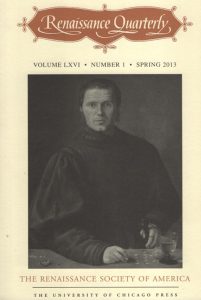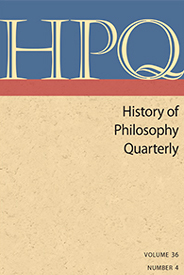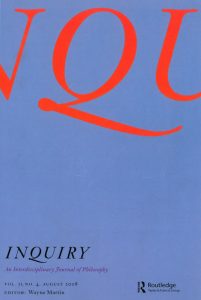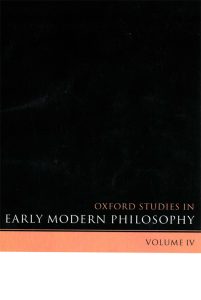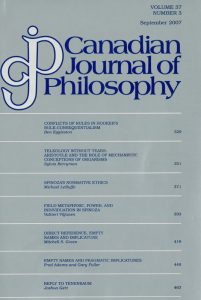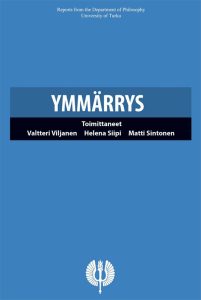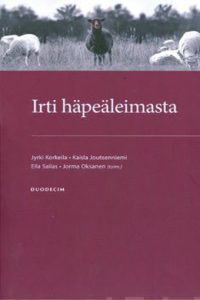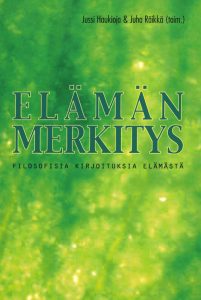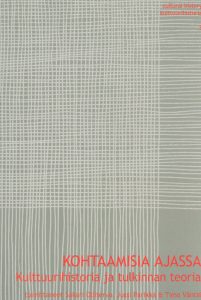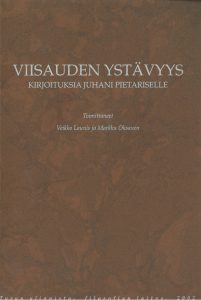The Modern View of Concepts:
Origins and Critique
2020–2023
Principal Investigator: Valtteri Viljanen
The project investigates one of the most fundamental ideas in contemporary philosophy as well as in our culture at large: the idea that thinking essentially involves concepts. In fact, concepts are so fundamental to our self-understanding as thinking beings that we have arguably come to see ourselves as conceptualizing animals. We will reconsider what is usually taken for granted by questioning the view according to which the idea of concepts is an inevitable and historically constant part of Western philosophy. This proposal submits that a momentous change takes place in the early modern period in theorizing about the nature of cognition: Kant’s theory of cognition is a manifestation of an unprecedented conceptual turn that has had drastic but unacknowledged ramifications.
Our main scientific objectives are the following: (1) to offer a radically new interpretation of the early modern rationalists – Descartes, Spinoza, and Leibniz – as working with a theory of cognition where the modern notion of a concept does not play any fundamental role; (2) to use our novel interpretation of the rationalists to explain Kant’s motivation for giving such an important place to concepts in his theory of cognition; (3) to explore the significance of thereby uncovered philosophical preconditions of the conceptual turn for more recent debates concerning the reach, limits and ethical stakes of conceptual thought. This project will not only crucially alter and enhance our understanding of the nature of modern Western thought, but is important far beyond academic philosophy. It makes a crucial contribution to cultural self-understanding by providing an amended framework for understanding ourselves as rational beings.
Methodologically, the project aspires to engage in rigorous, systematic and historically sensitive philosophical analysis that helps us to critically reflect on what contemporary philosophy takes for granted and thereby broadens the space of philosophical alternatives available to us. The project will culminate in a synthetic volume on the modern notion of concept, and articles to be submitted to top international journals. Our research has potential for a philosophical breakthrough of the greatest magnitude: it can reveal a crucial but unacknowledged principled precondition of modern thought and explores alternatives to it. This allows us to approach our cultural condition from a fresh perspective, thereby promoting renewal in academic research.
Selected publications:
- Valtteri Viljanen, “The Early Modern Rationalists and Substantial Form: From Natural Philosophy to Metaphysics.” Journal of Early Modern Studies 2024, 13 (2): 37–62.
- Valtteri Viljanen, “Locke on Freedom, Moral Agency, and the Space of Reasons.” Locke Studies 2024, 24: 1–20.
- Peter Myrdal, “Leibniz and the Metaphysics of Powers.” Journal of the History of Philosophy 2024, 62 (3): 395–420.
- Peter Myrdal, Arto Repo, and Valtteri Viljanen, “Leibniz on Possibilia, Creation, and the Reality of Essences.” Philosophers’ Imprint 2023, 23 (17): 1–17.
- Valtteri Viljanen, “Why Virtue Is not Quite Enough: Descartes on Attaining Happiness.” Archiv für Geschichte der Philosophie 2021, 103 (1): 54–69.
- Peter Myrdal, “Force, Motion, and Leibniz’s Argument from Successiveness.” Archiv für Geschichte der Philosophie 2021, 103 (4): 704–29.
- Valtteri Viljanen, “Kant on Moral Agency: Beyond the Incorporation Thesis.” Kant-Studien 2020, 111 (3): 423–44.
- Valtteri Viljanen, “The Young Spinoza on Scepticism, Truth, and Method.” Canadian Journal of Philosophy 2020, 50 (1): 130–42.
- Valtteri Viljanen, “Filosofian historia ja ihmisenä olemisen käsitteellisyys.” University of Turku Blog 4 February 2020.


